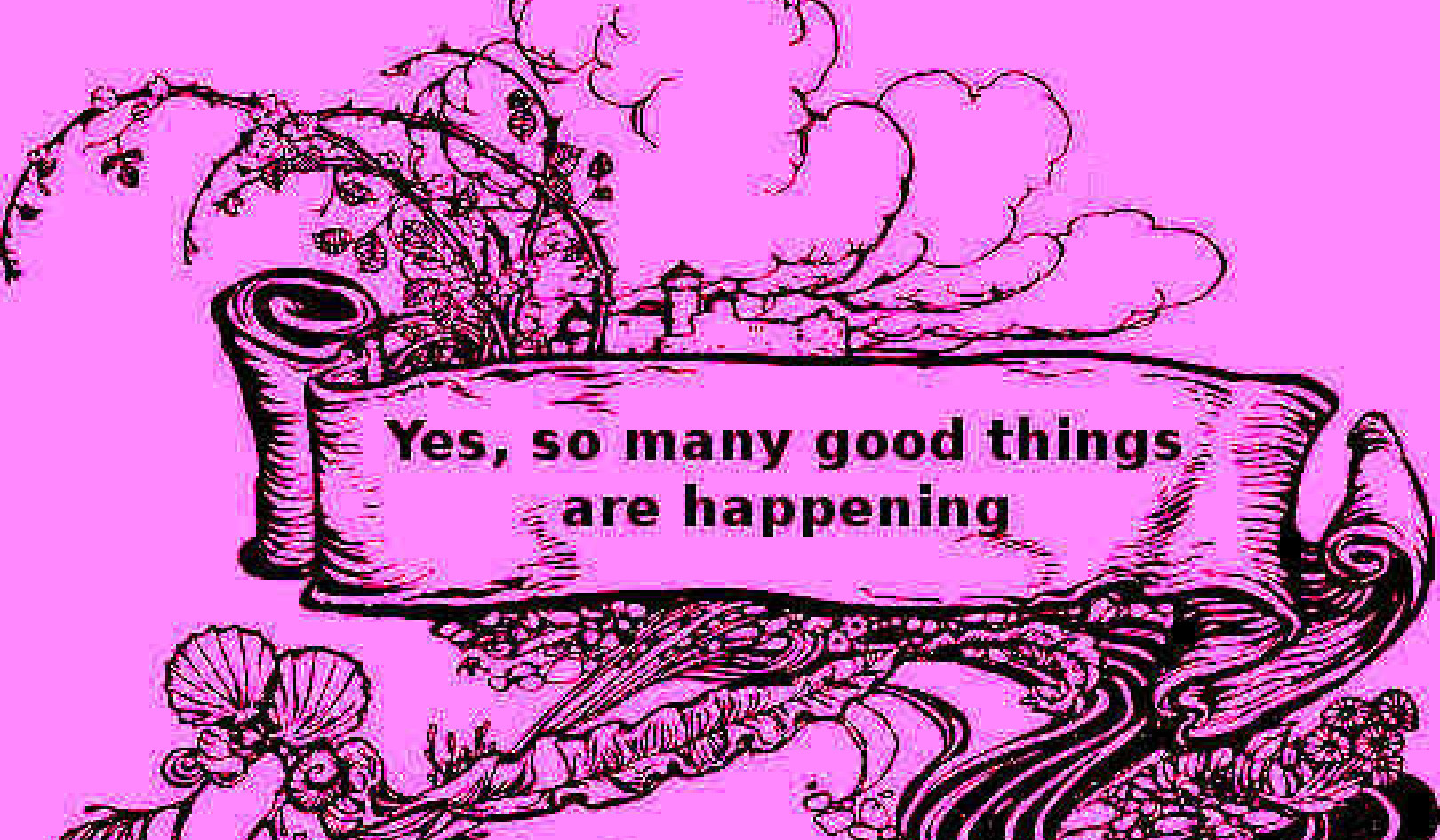
How can you find a sense of purpose? GaudiLab/Shutterstock
Often presented as the solution for people lacking direction, the notion of “finding your purpose” might sound like a cliché. But having a sense of purpose has been linked with a range of physical and mental health benefits. So what actually is purpose, why does it matter, and how can you find yours?
Purpose is interrelated with “goals” and “meaning”, but not the same as either. Goals are specific actionable aims we have – for example graduating, getting a job, or losing weight. While goals can be accomplished, meaning is a broader, subjective response. We might find meaning in listening to certain music, or watching the sunset, or volunteering for a good cause. Meaning occurs when we ascribe personal significance to things.
Purpose, however, is less tangible. It can be described as a guiding principle that frames our sense of meaning and our goals. It has been defined as:
A stable and generalised intention to accomplish something that is at once personally meaningful and at the same time leads to productive engagement with some aspect of the world beyond the self.
The latter part of this definition in particular – those wider connections beyond the self – are linked to positive mental health and wellbeing.
Individual versus collective
In modern society, there tends to be a greater focus on setting and achieving individual goals and less on creating meaningful connections with others, which are important for finding meaning and purpose in our lives.
With people working longer hours, goals are often work-driven, leaving little time to pursue personal goals outside work. So, if our work isn’t aligned with our purpose, even when meeting goals we can feel a reduced sense of purpose.
Young people in particular face constant messages about how they should achieve more, including pressure to start a side hustle and to aspire to the lives of social media stars, many of which are unattainable.
While today’s “hustle culture” (which emphasises relentless work as necessary for success) might present a barrier to finding purpose in life, a new interest, hobby or even second job that is driven by purpose can also mitigate against the pressures and burnout commonly associated with modern life.
How does purpose help?
Over the life course, roles change. For example, we’ll change friendship groups. We might get married and become a parent. Expectations at work will change, and one day we’ll probably retire. When our identities are too strongly linked to any of these roles, it can leave us feeling lost or uneasy when things change.
But research suggests that having a sense of purpose can help us rebalance, avoiding reactive ups and downs. Purpose makes us better able to tolerate stress, and bounce back when we face difficulties.
Research among nurses, for example, found a sense of purpose helped them navigate the intense emotions of their work, and allowed them to be empathic without draining their emotional resources.
People who report having a sense of purpose have greater satisfaction at work, financial success, and overall life satisfaction. Purpose is linked with a stronger sense of identity and improved mental health.
Having a sense of purpose is also associated with better physical health – for example, a lower risk of stroke, heart disease, and Alzheimer’s disease. Health benefits like these probably explain why people with purpose tend to age well and live longer.
These associations are thought to occur partly because having a sense of purpose increases healthy practices such as physical activity and social connections. This buffers against loneliness, which is known to affect physical health.
As a psychologist and psychotherapist, I’ve noticed that the question of purpose and seeking meaning frequently brings people to therapy – even if they don’t know it when they arrive. People who are outwardly very successful in work and relationships can report feeling unsettled without knowing the reason. Often, the sessions uncover feelings of being disconnected from, or lacking, a sense of purpose.
Tips to find your purpose
-
Find some time to write. Journalling allows you to organise your thoughts and can increase wellbeing. Writing down things that make you feel happiness, anger or sadness can reveal topics that matter to you. For example, have you experienced something that felt unjust? Often, purposes are aligned with social justice: tackling poverty, increasing access to education, reducing obesity, challenging racism.
-
List your values. Identifying our values can help focus thinking about our purpose and the actions we can take to support this. For example, if you’ve identified the climate crisis as something you feel strongly about, but your values tend towards avoiding social disruption, you will be unlikely to get involved in a protest regardless of how much you support the issue. You may instead focus on a different way of connecting with your purpose, such as recycling more or driving less.
-
Find your passion. What do you love to do? If you love dancing and you want to tackle poverty, maybe there will be ways of getting involved in teaching dance to disadvantaged children. If you love reading, you may want to explore finding ways of applying this, such as reading to patients in hospital or supporting children with their reading in schools.
-
Get involved. Purpose is about something bigger and beyond the self. Is there a way of bringing together the things that matter to you with some way of giving back? Volunteering helps to create a sense of wellbeing and purpose, and can connect you with others.
Remember, purpose is not something we achieve at a certain point in time. It’s a journey across the life course rather than a destination. So, to find your purpose, first take your time reconnecting with yourself.![]()
About The Author
Nilufar Ahmed, Senior Lecturer in Social Sciences, CPsychol, FHEA, University of Bristol
This article is republished from The Conversation under a Creative Commons license. Read the original article.

Related Books:
Atomic Habits: An Easy & Proven Way to Build Good Habits & Break Bad Ones
by James Clear
Atomic Habits provides practical advice for developing good habits and breaking bad ones, based on scientific research on behavior change.
Click for more info or to order
The Four Tendencies: The Indispensable Personality Profiles That Reveal How to Make Your Life Better (and Other People's Lives Better, Too)
by Gretchen Rubin
The Four Tendencies identifies four personality types and explains how understanding your own tendencies can help you improve your relationships, work habits, and overall happiness.
Click for more info or to order
Think Again: The Power of Knowing What You Don't Know
by Adam Grant
Think Again explores how people can change their minds and attitudes, and offers strategies for improving critical thinking and decision making.
Click for more info or to order
The Body Keeps the Score: Brain, Mind, and Body in the Healing of Trauma
by Bessel van der Kolk
The Body Keeps the Score discusses the connection between trauma and physical health, and offers insights into how trauma can be treated and healed.
Click for more info or to order
The Psychology of Money: Timeless lessons on wealth, greed, and happiness
by Morgan Housel
The Psychology of Money examines the ways in which our attitudes and behaviors around money can shape our financial success and overall well-being.

























